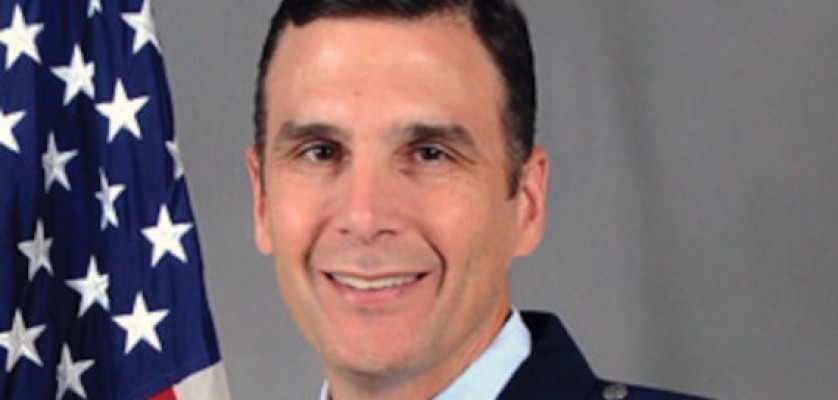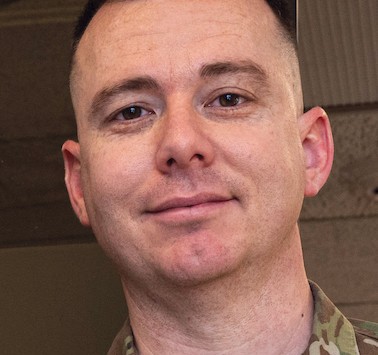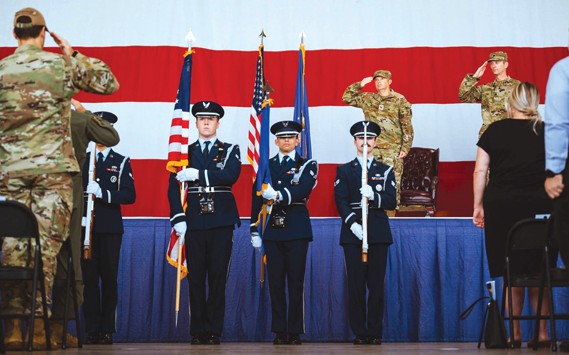We think a lot about individual readiness, comprehensive Airman fitness, and personal resilience. And there is certainly an important place for these individual concerns.
But I want to suggest that we need to include regular conversations about resilient teams alongside our emphasis on individual health. The fact is that we do not live, train, or fight alone. We work as a team or, as Gen. Stanley McChrystal put it in his New York Times bestselling book, a “Team of Teams.”
And these teams are greater than the sum of their parts. This means that, while the health of each Airman does contribute to the overall strength of the team, a resilient team has a far greater impact on the lives of those Airmen who make it up. As one ancient Jewish proverb put it, “Two are better than one; for if one falls, the other will lift up his fellow.” What are some keys, then, to building resilient teams?
First, resilient teams share a clear sense of purpose. What helps a team overcome the inevitable frustrations of personality differences or disappointed preferences is a shared conviction that they are making a meaningful contribution to a worthy goal. Because this goal is far larger than the career of any one Airman, it orients our lines of effort and mutes the kind of competition that is corrosive to team building.
Second, resilient teams fail fast and fall forward. Accountability is vital for post-failure growth. But accountability needs to serve creativity like a fireplace rather than a fire extinguisher, preserving the freedom of innovation while preventing harm to the home. This freedom to fail creates a team culture where members are comfortable taking risks in pursuit of optimal ways to achieve their common goal.
Third, resilient teams shatter legacy organizational structures. The ability to overcome challenges is a basic definition of resilience. Sometimes those advances come as we optimize current approaches. At other times, however, the team can benefit from whole new ways to see a problem and its solution. And often those new ideas don’t originate with senior leaders. Resilient teams promote good ideas regardless of their source.
Fourth, resilient teams carry a sustainable battle rhythm of output and recovery. Teams caught up in the importance of their purpose and encouraged by innovation and growth can forget that they will serve best if they take a break. This break looks like putting down the work, pursuing restorative activities, processing pent up emotions, re-investing in important relationships, and remembering what all this is for.
Teamwork makes the dream work. And these four keys to building resilient teams can help keep our Airmen fit to fight.












